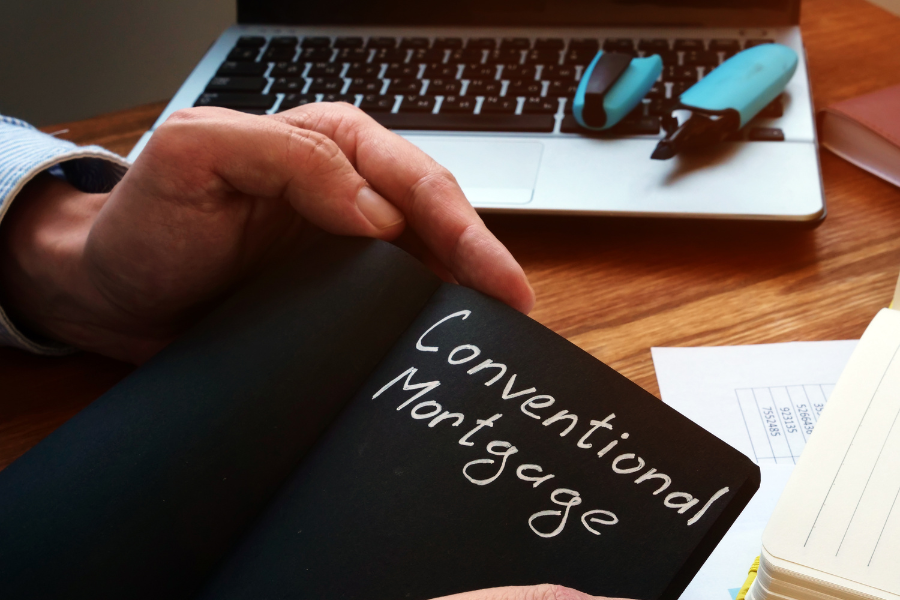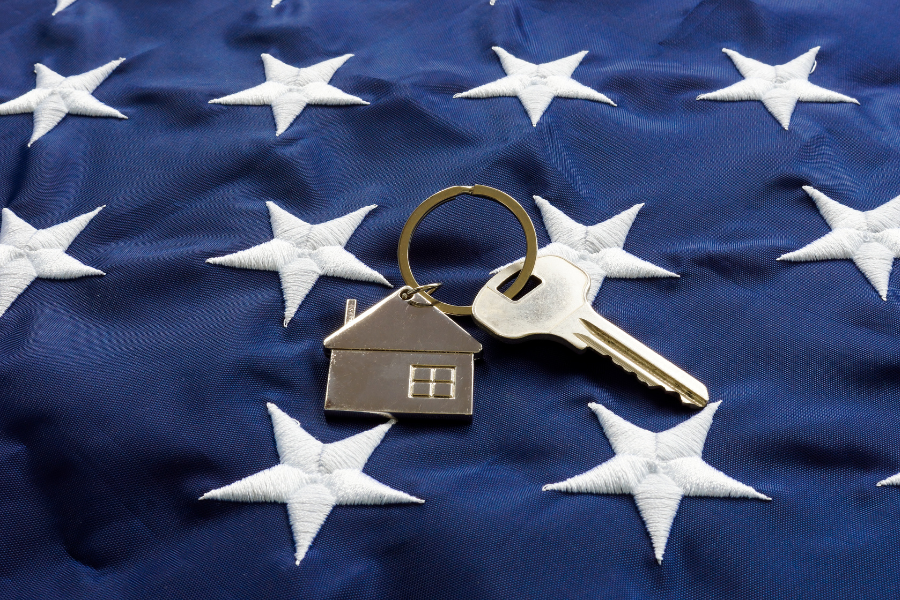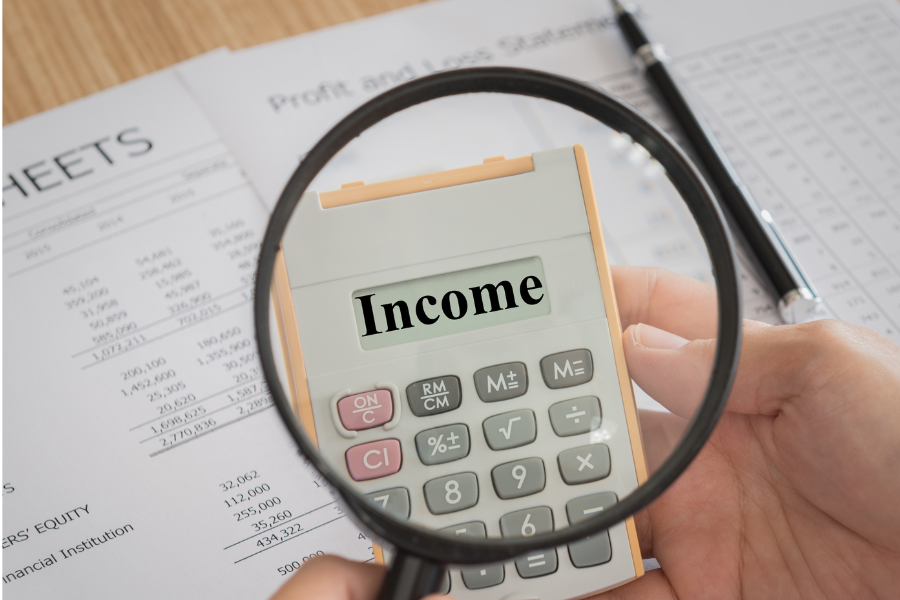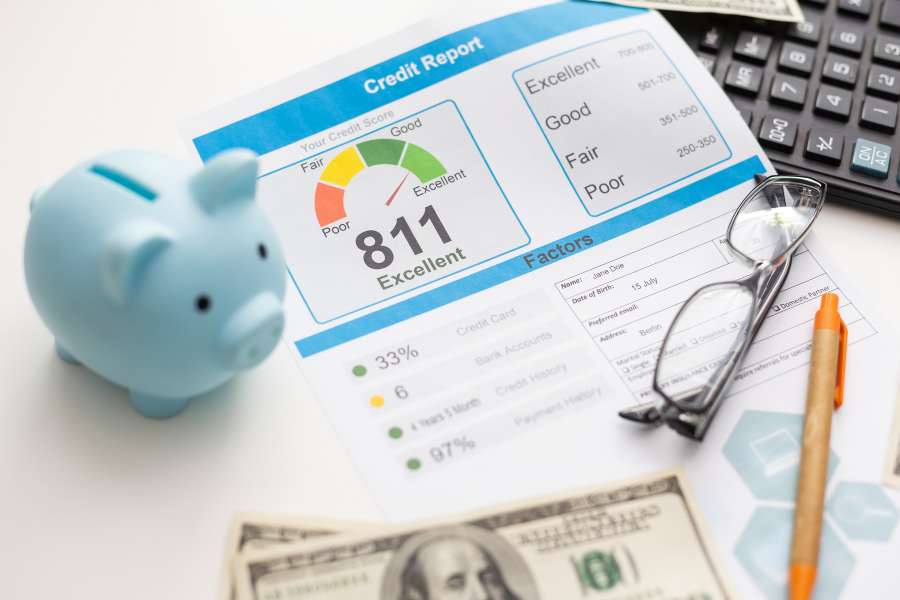What Credit Score Is Needed When Buying A House?
What is a good enough credit score to buy a house? Here is what you need to know about your credit score when buying a house.
Credit score requirements vary based on the type of loan you are trying to obtain. If you are moving to Raleigh, this is what you need to know about credit scores if you are interested in buying a house
1. How Do Lenders Determine Your Credit Score
Three different credit reporting agencies report your FICO score. Experian, TransUnion, and Equifax. All three credit reporting agencies are reporting on several different factors:
- Payment History
- Amounts Owed
- Length of Credit History
- Types of Credit
- New Credit
Your Payment History and the Amounts Owed are the two most heavily weighted factors.
Many people wonder which credit score the lender will use. Lenders use a tri-merge credit report, which pulls all three credit reports into one report. Typically, lenders take the median of all three credit scores to determine your pre-qualification and pre-approval.
Lenders will offer better rates if your credit score is above 740; however, you can still obtain a loan with a credit score as low as 580.
2. What You Need To Know About Conventional Loans
Conventional loans aren't backed or guaranteed by government agencies. They follow the standards set by Fannie Mae and Freddie Mac. This type of loan is best suited for someone with a credit score of at least 620 and who has saved money for a healthy down payment.
Conventional loans are the most commonly used home loans and tend to be viewed as a sign of financial good standing in the eyes of a seller. Due to the higher credit score minimum requirement and large downpayment requirement, conventional loans signify a buyer with a high level of financial stability.

Some lenders would like to see a credit score higher than 620, and they may not approve the loan or could require a higher interest rate. If you can do something to improve your credit score, consider doing this before applying for a loan to purchase your next house.
3. What You Need To Know About FHA Loans
The Federal Housing Administration insures FHA Loans. Because of this, lenders are more willing to approve homebuyers with credit scores lower than the typical conventional loan requirements of 620 or higher. This opens up opportunities for those who need help to keep their credit scores up.
To qualify for an FHA loan with a minimum down payment requirement of 3.5%, you must have a credit score of at least 580. Even if you don't, you could still qualify for an FHA loan with a credit score of 500 and a higher down payment requirement of 10%.
This type of loan is often a great option for first-time homebuyers. Some first-time home buyers may need help coming up with a large down payment, and due to the lower down payment requirement, this has become a popular type of loan for those who are purchasing their first home.
4. What You Need To Know About VA Loans
To qualify for a VA loan, you must be a veteran of the U.S. armed forces, a veteran of the U.S. Army affairs or National Guard, or a surviving spouse.
The minimum active requirements depend on when you served and can be found at va.gov. VA Loans offer home buyers loans with lower credit scores and do require a down payment.

Although there is no minimum credit score, most lenders require borrowers to have a minimum credit score of 580 to secure a loan.
5. What You Need To Know About USDA Loans
The U.S. Department of Agriculture backs the USDA program and offers loans to low—to moderate-income buyers. These loans can only be applied to homes in qualifying USDA-zoned properties in rural areas.
This could be a good option for buyers interested in living away from urban and suburban areas. Lenders require a minimum credit score of 640 to utilize this type of loan.
6. What You Need To Know About Jumbo Loans
Jumbo loans are larger than most other loans. As of 2024, in most markets, any loan that exceeds $766,550 is over the conforming amount limits set by Fannie Mae and Freddie Mac.
Because of the larger amount and risks associated with it, the minimum credit amount is set at 700 or higher, depending on the lender you use.
These loans usually also involve lower debt-to-income ratios and more significant amounts in cash reserves.
| Conventional | Minimum Credit Score of 620 |
| FHA | Minimum Credit Score of 580 |
| VA | Minimum Credit Score of 580 |
| USDA | Minimum Credit Score of 640 |
| Jumbo | Minimum Credit Score Range 680-740 |
*Data Sourced from Quicken Loans.
7. Other Factors Determining If You Qualify For A Mortgage
Although most lenders weigh heavily on a borrower's credit score, it is essential to understand the complete picture and the dynamic lenders use to determine the health of your financial circumstances.
Lenders will examine your income as a major determining factor in addition to your credit score before obtaining a mortgage. Simply put, your monthly income will act as the baseline for all of the other factors.

Lenders will likely verify your employment by speaking with your employers and asking for bank statements, tax returns, and pay stubs to verify your income. Once fully verified, your lender will use this number to move on to the next piece, which is your debts and expenses.
Related to your income, another factor that lenders will want to verify with your employer is your duration in your place of employment. Most lenders like to see borrowers in the same place of employment for at least two years or within the same field of work for at least two years. Requirements on this piece vary based on which lender you are using.
8. Debt To Income Ratio
Once your lender has established your income and verified your employment, they will likely start asking you for documentation on any recurring debts. This includes credit cards, student loans, alimony or child support, and car payments.
Once these debts have been calculated, the lender will want to include an estimated monthly mortgage payment. With the monthly mortgage payments and all recurring debts, they do not want this amount to exceed 50% of your total monthly income. If this cannot be accomplished, you likely will not qualify for a loan.
This piece of the mortgage puzzle can easily be improved if needed, so be sure to speak with your lender about credit repair programs. Sometimes, these monthly recurring debts could be improved by saving up some more money and paying down some of your debts.
9. Savings
The amount of cash reserve a borrower can access directly impacts the ability to obtain a mortgage loan. This cash reserve can often be used as security for a lender if a higher down payment is required.
If you are thinking about purchasing a home soon, you will want to ensure that you have enough saved in reserves for your down payment and to help with your overall closing costs. Savings can offset those amounts when you are under contract.

It is typical to perform inspections, and after the inspections, you will evaluate the inspection reports with your trusted real estate agent and determine what negotiations and repairs might be necessary.
If the sellers do not agree to make these necessary repairs, you may need some money from your savings to do them yourself.
Remember, North Carolina is an "As-Is" state, also known as a Caveat Emptor state, which in translation means "Buyer Beware." In North Carolina, homes are sold "As-Is," and sellers are not required to make any repairs for a buyer.
Many times, you can negotiate repairs with a solid real estate agent in your corner, but heading into the road of homeownership, it is always the most responsible approach to have a healthy amount of cash reserves in case something comes up that needs attention in your new home.
Additionally, a borrower who can demonstrate financial stability through savings will always be given better opportunities through better interest rates or lower down payment requirements.
10. Ways To Improve Your Credit Score
Fortunately, credit scores can continuously be improved if needed. Just to let you know, it may take some time, but with some diligent efforts, there are ways to bring up your credit score as you prepare to apply for a mortgage loan. Here is how:
- Pay every bill on time every month. Each time you pay your bill by the due date, you will add value and strength to your credit score.
- Start paying down your debts. Cut back on expenses where you can and pay your monthly debts down. As your debt-to-income ratio improves, your credit score will start reflecting this. Debts owed are one of the determining factors of obtaining a loan, so the less amount owed, the better your credit score and ability to secure a loan will be.
- Become an authorized user on family members' accounts. This could be an easy way for a family member to help you as you start your homeownership journey. This would mean that a member of your family could add your name to a credit card that you are authorized to use. As long as they pay the monthly bill on time, this will also add tremendous value to your credit score. Don't add more debts to this user's account; that will only hurt your family member.

- Check your credit report for any blemishes. You can file a dispute with the credit reporting agency if you find anything that seems to be an error.
- Hire a credit repair service. There are times when this may be all you need to get your credit score reviewed, and professional credit repair services will help you understand what needs to be done to get you where you need to be.
Methodology
We used data and information from various sources, including US Bank, Experian, and Time, to determine the best credit score needed to buy a house.
FAQs
What is a good enough credit score to buy a house?
Depending on the type of loan you are trying to acquire, a minimum credit score of 580 will most likely be necessary to secure a loan on the house.
Can you buy a house with a 600 credit score?
Yes, you can. Depending on which lender you choose and the requirements for that specific lending institution, they may even allow for credit scores under 600.
What must my credit score be to buy a house with an FHA?
The Federal Housing Administration sets FHA requirements, which include a minimum credit score of 580 and a minimum downpayment of 3.5%.
Is 700 a good credit score to buy a house?
700 is an excellent credit score to secure a home loan. With a 700 credit score, your best option might be a conventional loan. However, be sure to have enough cash on hand for a larger down payment. Conventional loans tend to have better rates overall.
Final Thoughts - What Credit Score Is Needed To Buy A House?
When considering buying a house, remember what you are asking your lender to do for you. You are promising to pay back many times a substantial amount of money over a long course of time. Of course, borrowers will want to examine all possibilities, but understanding your credit score and the lender's minimum requirements will help paint a much clearer picture as you prepare to purchase your first or next home.
This would also be a good time to start examining your debts. You can try paying some of your debts down and eliminating any unnecessary recurring payments. Get rid of any frivolous recurring subscriptions and keep your overall spending down.
Another crucial factor at this time is making those monthly debt payments on time. Car and credit card payments are reported back to the credit agencies, and we don't want any blemishes on your credit report to prevent you from obtaining a loan.
If you're thinking of buying or selling a home, please contact us to get in touch with our agents here at Raleigh Realty. We can help connect you with some of our industry's top lenders and real estate professionals.




